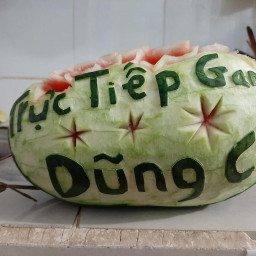Học tại trường
Chưa có thông tin
Đến từ
Hải Phòng , Chưa có thông tin
Số lượng câu hỏi
60
Số lượng câu trả lời
18
Điểm GP
0
Điểm SP
2
Người theo dõi (12)
Đang theo dõi (23)


















